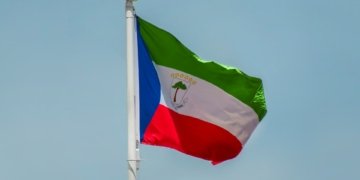Africa is losing an estimated $88 billion every year due to illicit financial flows, according to a new report by the African Union.
These losses stem from corruption, tax fraud, money laundering, and illegal cross-border transactions.
The report, compiled by the African Union’s High-Level Panel on Illicit Financial Flows, warns that these outflows have surged by 76 percent since 2015, when the continent was losing about $50 billion annually.
This growing trend poses a serious threat to Africa’s economic stability and development goals.
Illicit financial flows refer to illegal movements of money and assets across borders.
Common practices include falsified invoices, under-declaration of exports, abusive debt arrangements, and manipulation of contracts.
The report highlights that commercial practices account for two-thirds of these losses, particularly in sectors such as international trade and resource extraction.
Countries rich in natural resources like oil, diamonds, gold, cotton, and timber are especially vulnerable.
The report notes that products such as shrimp and other raw materials are often under-declared, resulting in major revenue losses. Fraudulent pricing and invoice manipulation in international trade further compound the issue.
Beyond commercial malpractice, financial flows also arise from criminal activities such as drug trafficking, arms smuggling, human trafficking, and wildlife crimes.
Corruption, money laundering, and the financing of terrorism also contribute to the problem.
The African Union estimates that Africa needs an additional $194 billion annually to meet its development goals.
However, 45 percent of that is lost to illicit financial flows. These losses undermine productivity, distort prices, discourage investment, and deepen trade imbalances.
In response, several African states have established special units to combat economic crimes.
The AU calls for stronger enforcement, transparency, and international cooperation to curb the outflows and safeguard the continent’s financial future.































